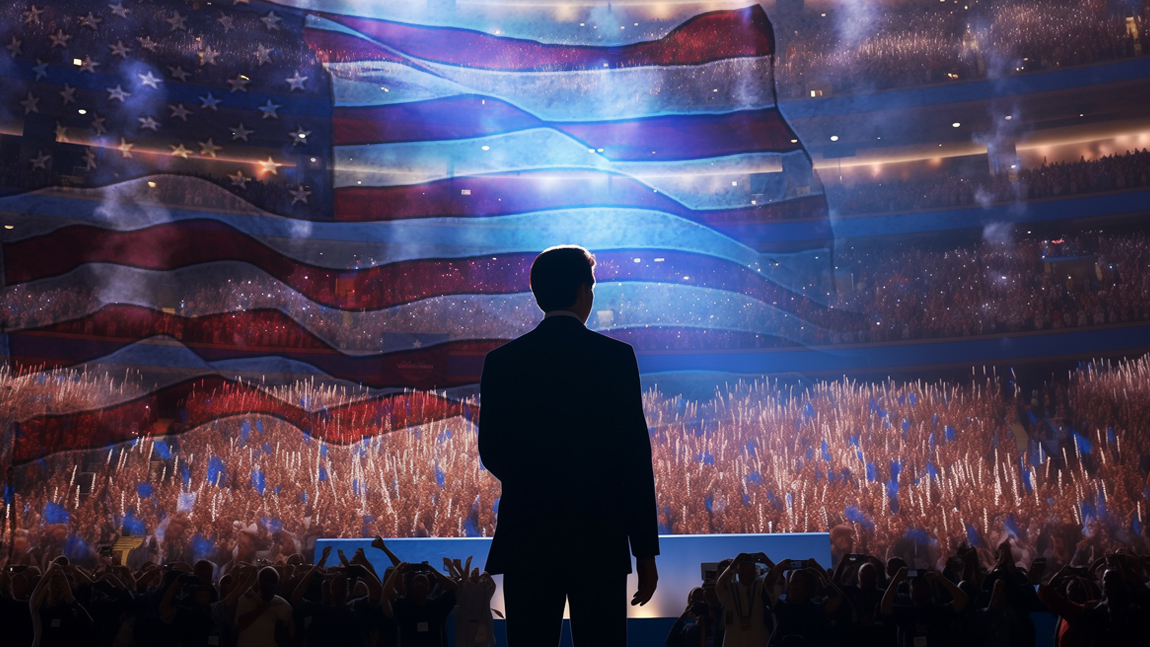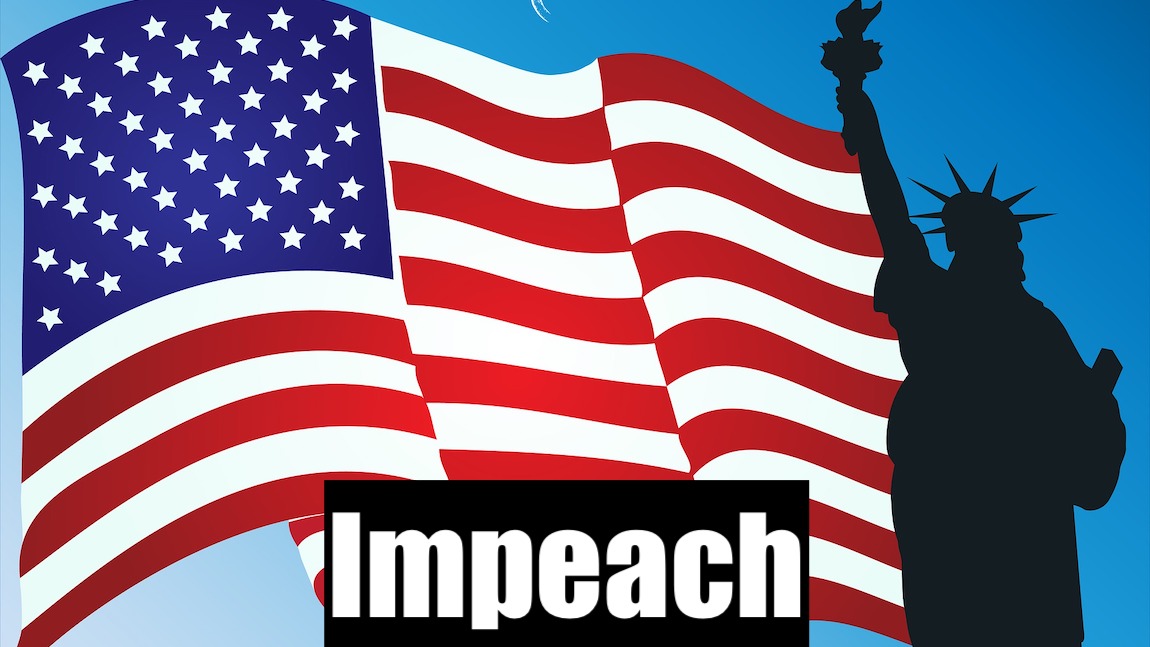The delegate system in South Carolina for the Democratic Party, as with other states, plays a crucial role in the process of nominating the party’s candidate for the Presidential Election. This system involves a series of caucuses, primary elections, and conventions that ultimately determine which delegates will represent South Carolina at the Democratic National Convention. Here’s a simplified overview of how the system works, keeping in mind that rules can evolve over time.
1. Primary Election
South Carolina is known for its presidential primary, which is one of the early and highly influential primaries in the Democratic Party’s nomination process. Voters in the primary are actually voting for delegates who are pledged to support specific candidates, not directly for the candidates themselves.
2. Allocation of Delegates
The Democratic Party allocates delegates to each presidential candidate based on the results of the primary election. South Carolina has a certain number of delegates that can be divided into three main categories:
• Pledged delegates: The majority of South Carolina’s delegates are pledged delegates, whose distribution among the presidential candidates is proportional to the results of the primary election. There are thresholds in place, typically around 15%, meaning a candidate must receive at least that percentage of the vote to be eligible for any delegates.
• Unpledged delegates (often referred to as “superdelegates”): These are party leaders and elected officials (PLEOs), including governors, senators, representatives, and other key party figures. Unlike pledged delegates, they are not bound by the primary election results and can support any candidate at the National Convention.
• At-large and district delegates: South Carolina is divided into congressional districts, each of which is allocated a certain number of delegates. There are also at-large delegates who represent the state as a whole.
3. The Role of Caucuses and Conventions
While the primary is the most visible part of the delegate selection process, there are also caucuses and conventions at various levels (local, district, and state) where delegates are selected to attend the next level of meeting. This process culminates in the state convention, where some delegates to the National Convention are chosen.
4. The Democratic National Convention
At the National Convention, all of South Carolina’s delegates—both pledged and unpledged—cast their votes for their respective presidential candidates. The goal is to secure the nomination of a candidate who will then represent the Democratic Party in the presidential election.
Important Considerations
• Proportional Representation: The Democratic Party uses a system of proportional representation, which means that delegates are allocated in proportion to the votes each candidate receives in the primary, provided they meet certain thresholds.
• Commitment: Pledged delegates are expected to support their candidate at the National Convention, but there can be exceptions if a candidate releases their delegates or if subsequent rounds of voting are required at the convention.
The delegate selection process is governed by both state and national party rules, which can be complex and subject to change. For the most current and detailed explanation, it’s best to consult directly with the South Carolina Democratic Party or the Democratic National Committee (DNC).
The Delegate System at the County Level
The delegate system at the county level, such as in Horry County, South Carolina, for the Democratic Party involves several steps that culminate in the selection of delegates to represent the county at the state Democratic convention. This process is part of the broader system of electing delegates to ultimately participate in the national convention for the presidential election year. Here’s a simplified outline of how it typically works:
Horry County Democratic Party Reorganization Meetings
The process begins with precinct reorganization meetings, which are held to elect precinct officers and delegates to the county convention. Any registered voter who resides in the precinct and wishes to participate in the Democratic Party can attend and vote in these meetings.
County Convention
• Delegates elected during the precinct reorganization meetings then attend the Horry County Democratic Convention. At the convention, delegates vote on various matters, including the election of county party officers and the selection of delegates to the South Carolina Democratic Party’s state convention.
• The county convention also discusses and votes on resolutions and party platform issues.
Delegate Selection to State Convention
• At the Horry County Democratic Party Convention, 120 delegates are elected to represent the county at the state convention. 60 Female and 60 Male. The number of delegates each county gets is determined by the state party, usually based on a formula that takes into account the county’s voting history in recent elections and its size.
• These delegates are responsible for representing Horry County’s interests at the state level, including voting on state party matters, electing state party officers, and selecting national convention delegates.
Participation and Eligibility
• Participation in this process is open to all registered voters in Horry County who wish to affiliate with the Democratic Party. It’s a grassroots level opportunity for individuals to get involved in the political process, influence the party’s platform, and help determine the party’s candidates at various levels of government.
Important Points
• The specifics of the process, including dates, locations, and eligibility requirements for delegates, will be provided by the Horry County Democratic Party organization when they are available. These details can vary from year to year.
• The delegate system at the county level is designed to ensure that party members have a voice in party affairs and in selecting candidates who best represent their values and interests.
For the most accurate and detailed information on how the delegate system works in Horry County, it’s best to contact the Horry County Democratic Party directly or check our official website for up-to-date information, news, and updates. We will provide resources, calendars, and guidance for individuals looking to participate in the political process, whether as a delegate, a volunteer, or in another capacity.
How to Become a 2024 DNC Delegate
(65 Delegates to the National Convention)
The 2024 Democratic National Convention is August 19-22, 2024 in Chicago, Illinois
1. Vote In The Presidential Primary
The first step in SC’s delegate selection process was the Presidential Primary on February 3, which determined that only President Joseph R. Biden earned delegates in accordance with the SC Delegate Selection Plan’s formula (PLAN Sec.V). You must have voted in the primary to run for National Delegate.
2. You Must Attend Your Democratic Party County Convention
The second step is the Democratic County Convention. At your County Convention, which will be held between March 1-16, you can run for delegate or alternate to the State Democratic Convention, which is on May 18. If you are elected as a delegate or alternate to the state convention you can run to be a National Delegate.
3. NEW IN 2024:
Congressional District Caucuses will meet on Zoom to hear from candidates for Congressional District delegate on Tuesday, May 7. Congressional District Delegates will be ELECTED on Wednesday, May 8 using ELECTRONIC FORMS OR BY PHONE. VOTING WILL BE OPEN 9:00am – 9:00pm on Wednesday, May 8.
4. ATTEND THE STATE CONVENTION
Pledged Party Leaders and Elected Ocials (PLEO) and At-Large Delegates and Alternates to the Democratic National Convention will be elected by State Convention delegates. To vote, State Convention delegates must sign a pledge of support for a presidential candidate.
THERE WILL BE 65 SC DELEGATES IN SEVERAL CATEGORIES, PLUS 5 ALTERNATES: 36 CONGRESSIONAL DISTRICT DELEGATES who will be elected on Wednesday, May 8, from 9:00 am-9:00 pm using ELECTRONIC FORMS OR BY PHONE.

• No more than half the delegates from a Congressional District may be from any one county.
7 PARTY LEADER AND ELECTED OFFICIAL DELEGATES
• Must be county or state Democratic Party officers or elected officials at any level.
• Elected by the state convention delegates pledged to each candidate. President Joseph R. Biden.
12 AT-LARGE DELEGATES
• Elected by all the state convention delegates pledged to President Joseph R. Biden.
10 AUTOMATIC DELEGATES
• SC’s Democratic members of Congress and DNC members.
5 ALTERNATES
• Elected like the At-Large Delegates, and equally divided between men and women with a variance of one
What you need to know
• The delegate selection process is open to all Democrats who are registered voters. The SC Democratic Party encourages participation by members of groups that are underrepresented in party affairs, including African Americans, Hispanics, youth, those over 65, LGBTQ persons, those with physical disabilities, veterans, and persons of low and moderate income.
• Our goal is to elect a delegation that is at least 52% African American (34 delegates) and includes 4 LGBTQ delegates, 10 delegates under the age of 36, 2 Hispanic delegates and 6 disabled delegates. The election of At-Large delegates may be used to reach these goals.
• Delegates and Alternates at every level must be equally divided between men and women. Non-binary gender candidates, who will not be counted in either male or female category.
• To run for delegate, you must file with the State Party by April 19 at 5 P.M. There are no exceptions. Filing forms will be available from the Party or at www.scdp.org by March 1.
• A few counties require you to file before the county convention in order to run for delegate or alternate to the State Convention. Check with your county Democratic Party.
• Presidential candidates have the right to approve candidates for their delegate slots and may remove the names of any persons from the ballot. This helps ensure that a candidate’s strongest supporters are chosen to go to the Convention and allows the candidates to help us meet our diversity goals.
• Delegates and Alternates are responsible for their own expenses. The Delegation will meet 30 minutes after the State Convention adjourns and again on June 1, in Columbia.
IMPORTANT DATES
SC Presidential Primary
February 3, 2024
County Democratic Conventions
March 1 – March 16, 2024
NEW: Congressional District Caucuses
May 7, 2024 (Zoom)
Hear from Congressional District delegate candidates.
May 8, 2024 Electronically or by Phone
Congressional District delegate elections.
South Carolina Democratic Party Convention
May 18, 2024
Democratic National Convention – Chicago, IL
August 19 – 22, 2024
2024 National Delegate Filing Form (Printable PDF) ![]()
This form must be received at the SC Democratic Office by 5:00 on Friday, April 19, 2024. NO NAMES WILL BE ACCEPTED AFTER THAT TIME FOR ANY REASON (PLAN SEC VII). This form may be hand delivered, mailed, or scanned and emailed to delegate2024@scdp.org. It is your responsibility to confirm the form has been received.



